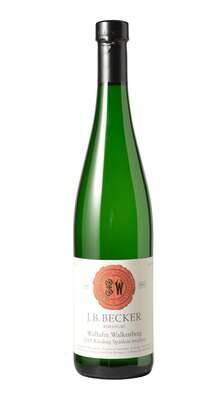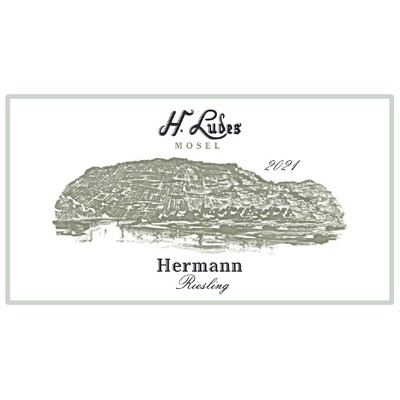FREE DELIVERY to Encino, Sherman Oaks, Tarzana & Woodland Hills
J.B Becker Wallufer Oberberg Riesling Spatlese 2021
$36.90
Price per Bottle: $36.90
a bit more structured, a bit more linear, and zippy.
In stock
1
Save this product for later
J.B Becker Wallufer Oberberg Riesling Spatlese 2021
Product Details
Winery: J.B. Becker
Winemaker: Joseph Becker
Origin: Walluf, Rheingau, Germany
Farming Practices: Organic practicing
Type of Soil: Slate
Varietals: 100% Riesling
Alcohol %: 13.5%
Acidity g/l: 7.8 g
From the Importer: Hans-Joseph’s (call him “HaJo”) winemaking has less to do with a condemnation or critique of the noble establishment and more to do with a vision that is so singular that it feels irrelevant whether you or I or anyone thinks Becker’s “aesthetic” is genius or folly. It just is.
The wines have an in-your-face, love-it-or-hate-it sensibility. They are unfailingly honest. They present a bizarre vocabulary: dried earth and rocks, herbs, something vaguely subterranean, a savory, briny, smoky atmosphere that slowly reveals delicate layers of bright citrus. For all this depth and mysteriousness, Becker’s white wines are like Becker himself: angular, tensile with awkward elbows and muscle and sinew pulled tightly over a lean frame. They flaunt a rather prominent acidity that recalls the more nervy wines of the Mosel, Saar, and Ruwer, though there is a weight, a density that speaks of the Rheingau. They seem to have more to do with great Chablis than with what we often think of as German Riesling. Becker prefers to use pressurized tanks for fermentation, relishing a quick, warm fermentation (a similar method is used at places like J.J. Prüm, Keller, etc.). Then he racks the juice into the traditional barrels of the Rheingau for at least two years of barrel age before bottling. In other words: Gun the shit out of it, slam on the breaks, and wait out all the others.
This is one of the more powerful vineyards Hans Josef farms. It also tends to have one of the higher acidities and that tracks here - compared to the Sonnenberg, the Oberberg is a bit more structured, a bit more linear, and zippy
You May Also Like
Display prices in:USD




